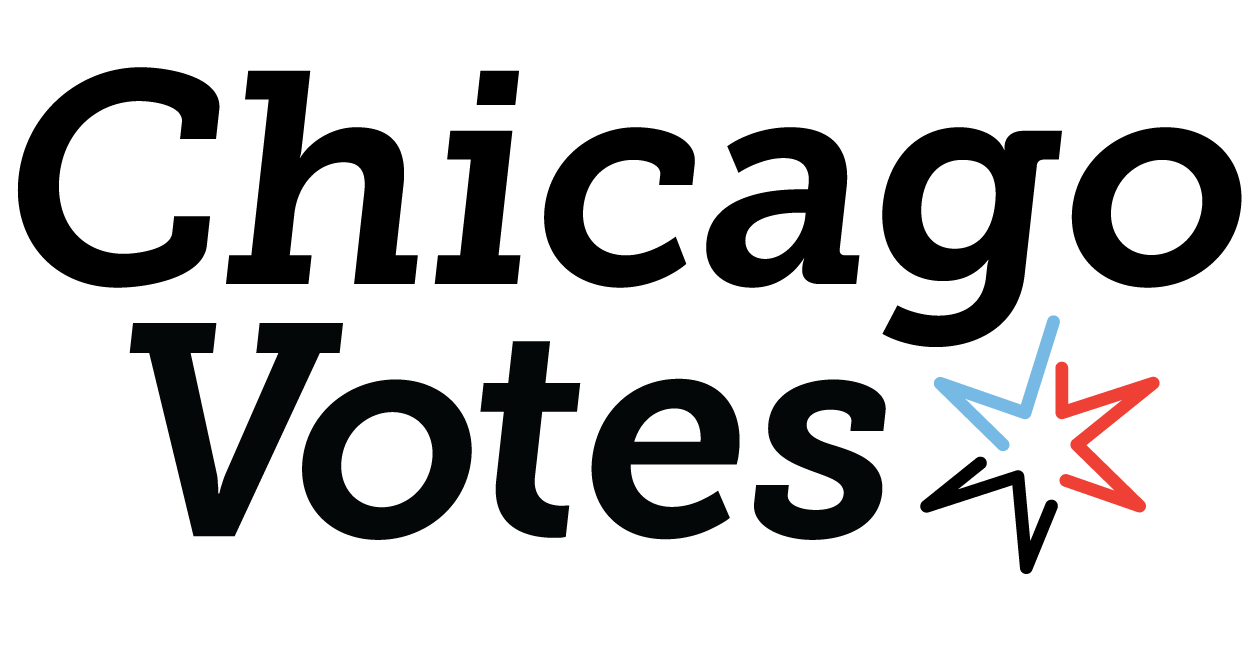By Caleb Dunson, Chicago Votes Inaugural Brian Sleet Fellow
I’ve been thinking a lot about hope lately: what it is, how it affects us, what it can do. In particular, I’ve been thinking about what it means to hope in the political sense.
On one hand, the COVID vaccines and the upcoming federal stimulus bill give much reason to hope. It feels like a return to normalcy is close. On the other hand, America’s “normal” has been so harmful to so many for so long. So what reason would there be to express hope if a return to the oppressive status quo is imminent?
This perspective extends beyond the pandemic’s expected expiration. For a long time people have gone without a reason to hope because time and again our traditional political processes don’t seem to have a significant effect on people’s everyday lives. Did Barack Obama’s election bring about the sweeping progressive reforms it promised? Did Lori Lightfoot’s? Have the years of hand-wringing, pithy campaign slogans, and generic calls to vote addressed the deep-seated issues our nation faces? It’s easy, if not logical, to be apathetic. It is only reasonable to argue against engaging in a process that so rarely yields good results. And though I understand that point of view, I feel the need to push back on it.
Sure political work is daunting, and sure it doesn’t have a high success rate. But, I don’t think the work is the problem. After all, we are all perfectly content working forty hours per week for nearly two-thirds of our lives, oftentimes in jobs we don’t care about. The problem is that many of us do not see a good reason to dedicate our time and energy to politics. Our decision to work makes sense because our actions have a clearly defined and worthwhile reward: labor leads to money. But the political calculus isn’t as clear. Organizing, protesting, and voting lead to… the person you hate the least getting elected, maybe? A small city ordinance being passed? It’s confusing. But if we are going to address political apathy we need to make the math make sense; and we do that with hope.
It no longer suffices to try and sell people on a general idea of getting involved for the sake of getting involved. We need to reframe our approach to politics such that it centers on a vision for society that is better than the status quo. It should be a vision that people can dream about and strive toward; a vision that, even if unrealized in an individual’s lifetime, makes that person proud to have helped move us closer to our goal.
To make this change we need to better articulate what we want our society, country, and world to look like. Currently, our language has a tendency to use negatives: we fixate on what it takes to hold corrupt politicians accountable, how to stop corporations from exploiting workers, and the best strategies for dismantling oppressive institutions writ-large. These are admirable goals, ones I wholeheartedly believe in, but they are means to an end –– creating a just society. We need to be clear about that end, and we need to remind ourselves and others that our work goes beyond simply fighting injustice. It may seem like two sides of the same coin, but it’s important that we frame this debate in the positive realm, –– that we talk about our visions. Otherwise we will find ourselves aimlessly addressing society’s ills, and we will be about as effective as people endlessly plugging holes in a rotting boat.
To this point, I have been vague about what that positive vision of society should be, and that is because it is not my place to answer that question. Engaging people who are indifferent to politics means asking them what their vision of a good society looks like. As activists and organizers, we’re used to meeting people where they’re at and learning about the struggles they face. But the problem is that that’s often where the conversation stops. We find a problem and work to address it, but we don’t dig any further. We don’t push people to imagine their ideal world. The hope we give them is tied to easing their suffering, not pursuing their utopia. All it takes is challenging ourselves to create a vision in collaboration with our community.
The one danger, however, in this vision-centered activism is that it has the potential to overpromise and underdeliver. Thus, it is critical that we continually reassess our visions as political events unfold. For example, if our goal was to create a police-free society by the year 2050, the summer of 2020 and the political weight our goal gained during that period might convince us to move our timeline up a few years. Similarly, if our goal is to strengthen voting rights and we observe how the Supreme Court is poised to eviscerate the Voting Rights Act of 1965, we might move our timeline back a few years or focus on state voting laws. The specific goals of our visions should be malleable, but their underlying values should remain. In each of the previous examples, the ultimate goal was unaltered, but the pathway to its realization was, and that flexibility is what will make our visions all the more powerful.
Once we’ve encouraged people to create their positive visions we can motivate them to use politics in pursuit of it. And that will be the ticket to creating movements that transcend boundaries and pull off impossible political feats. Hope will be the ticket to creating change unlike anything we’ve ever seen.
